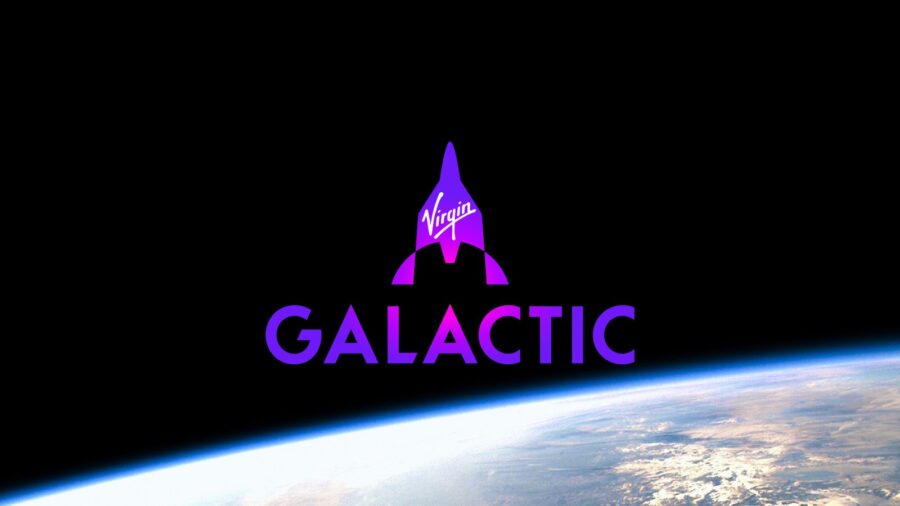Virgin Galactic Finishes Final Test Before Offering Tickets For Space Travel
Virgin Galactic conducted a milestone spaceflight on May 25, marking one of its final hurdles before offering commercial spaceflight services.

Virgin Galactic successfully conducted its highly anticipated spaceflight on May 25, marking a significant milestone for the space tourism company. The Richard Branson-owned outfit will now prepare to begin commercial operations and welcome passengers aboard. This long-awaited mission was a crucial final test in their journey toward making space travel accessible to the public.
The launch was the first spaceflight for Virgin Galactic since sending its founder to the edge of space in 2021. According to CNBC, carrier aircraft VMS Eve took off at 11:15 am ET. It was carrying the company’s VSS Unity 25 spacecraft up to approximately 40,000 feet. The rocket-powered vehicle was released shortly after noon.
Unity 25 then fired its engine to climb 262,000 feet (80 kilometers), an altitude recognized as the boundary of space in the United States. The Virgin Galactic spacecraft eventually hit 286,176 feet. VSS Unity was helmed by Mike Masucci and CJ Sturckow of Virgin Galactic.
The carrier aircraft VMS Eve was piloted by Jameel Janjua and Nicola Pecile.
Chief astronaut instructor Beth Moses, astronaut instructor Luke Mays, senior engineering manager Christopher Huie, and senior manager of internal communications Jamila Gilbert rounded out the Unity team in the passenger cabin. Speaking about the experience, Gilbert said, “New Mexico, you are even more enchanting from space.”

Gilberts added that it’s difficult to put into words what the Virgin Galactic experience was like. “I’m sure I’ll spend the rest of my life trying,” the communications specialist said, adding that she is honored to be one of the first 100 women and 16 Hispanic and Latinx people to visit space. “I’m also incredibly proud to represent the community from where this new space age is blossoming.”
Virgin Galactic plans to fly to space once each month with Eve and Unity once commercial operations begin. However, the company wants to aim much higher in the long term. As such, a fleet of new Delta-class space planes are being built.
Their unique design will enable each carrier to travel to space at least once a week.
Once Virgin Galactic has its new vehicles in service, a milestone planned for 2026, the company could transport people to suborbital space daily. The only catch for most folks is the hefty price tag of $450,000 per seat. Interestingly, hundreds of would-be space adventurers have already booked their spots to date.
However, in the realm of suborbital space tourism, Virgin Galactic finds itself in competition with Blue Origin, spearheaded by Jeff Bezos. Blue Origin’s New Shepard, a remarkable rocket-capsule duo, has successfully conducted six human-crewed space missions so far. However, the program encountered an unforeseen setback in September 2022, which caused a pause in operations.
It’s worth noting that recreational space travel is a relatively new concept, and several things could go wrong. Some of the potential dangers include health risks due to radiation exposure and altered gravity. Space tourism may be bad for the environment due to the large emissions from each spacecraft and the unsolved space junk problem.
Still, Virgin Galactic will now begin its post-flight inspections and analysis in preparation for commercial spaceline operations. This will start with Galactic 01, a dedicated research mission planned for sometime in June 2023.












